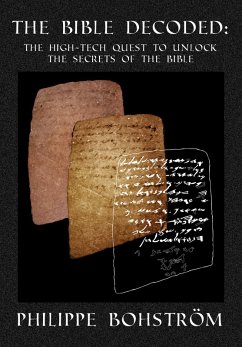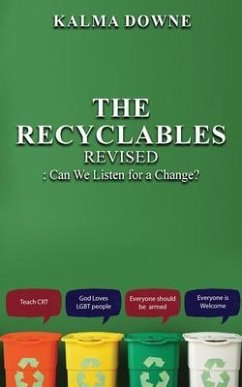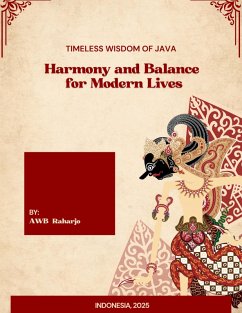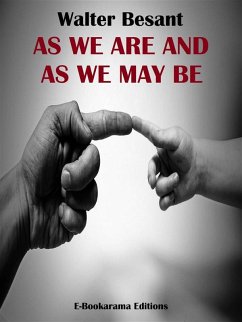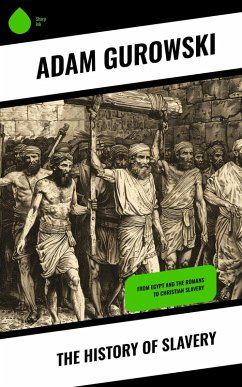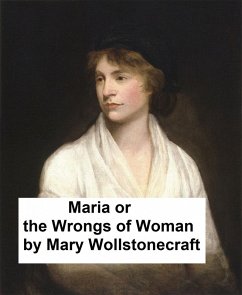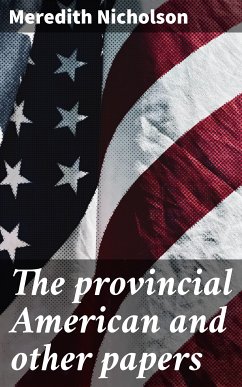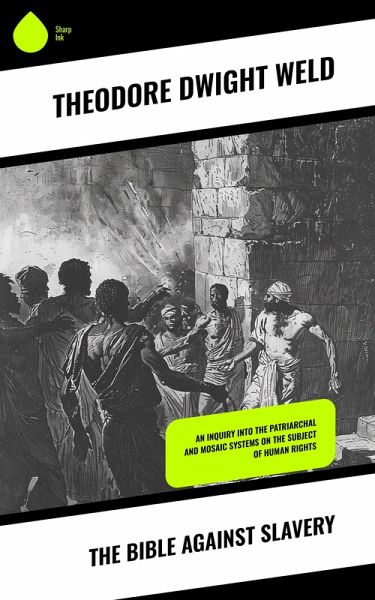
The Bible Against Slavery (eBook, ePUB)
An inquiry into the Patriarchal and Mosaic systems on the subject of Human Rights
Versandkostenfrei!
Sofort per Download lieferbar
2,13 €
inkl. MwSt.
Weitere Ausgaben:

PAYBACK Punkte
0 °P sammeln!
In "The Bible Against Slavery," Theodore Dwight Weld presents a compelling theological argument that rigorously critiques the institution of slavery using biblical texts. Weld employs a methodical and impassioned literary style, weaving together scriptural analysis and moral philosophy to dismantle the pro-slavery interpretations that were prevalent in his time. Drawing upon a diverse array of biblical passages, he highlights the ethical dilemmas inherent in slavery, positioning the Christian faith as fundamentally opposed to the practice. This work not only engages in the literary traditions ...
In "The Bible Against Slavery," Theodore Dwight Weld presents a compelling theological argument that rigorously critiques the institution of slavery using biblical texts. Weld employs a methodical and impassioned literary style, weaving together scriptural analysis and moral philosophy to dismantle the pro-slavery interpretations that were prevalent in his time. Drawing upon a diverse array of biblical passages, he highlights the ethical dilemmas inherent in slavery, positioning the Christian faith as fundamentally opposed to the practice. This work not only engages in the literary traditions of abolitionist discourse but also reflects the antebellum America's ideological confrontations between pro- and anti-slavery sentiments. Theodore Dwight Weld was a prominent abolitionist and a passionate advocate for social reform, whose upbringing in a Quaker community and exposure to influential abolitionist thought greatly shaped his perspectives. Educated at the Lane Theological Seminary, Weld's commitment to social justice and moral rectitude fueled his desire to address the theological justifications for slavery, ultimately culminating in this groundbreaking work. His activism, combined with his scholarly approach, presents a unique convergence of faith and social critique. Highly recommended for scholars, students, and activists alike, "The Bible Against Slavery" serves as an essential text not only in the study of American literature but also in the examination of religious ethics and social justice. Weld's work remains a poignant reminder of the power of moral conviction in the face of systemic injustice, urging readers to reexamine both historical and contemporary interpretations of faith in the pursuit of freedom.
Dieser Download kann aus rechtlichen Gründen nur mit Rechnungsadresse in A, B, BG, CY, CZ, D, DK, EW, E, FIN, F, GR, HR, H, IRL, I, LT, L, LR, M, NL, PL, P, R, S, SLO, SK ausgeliefert werden.




